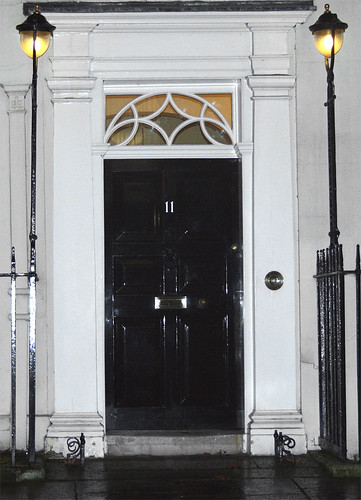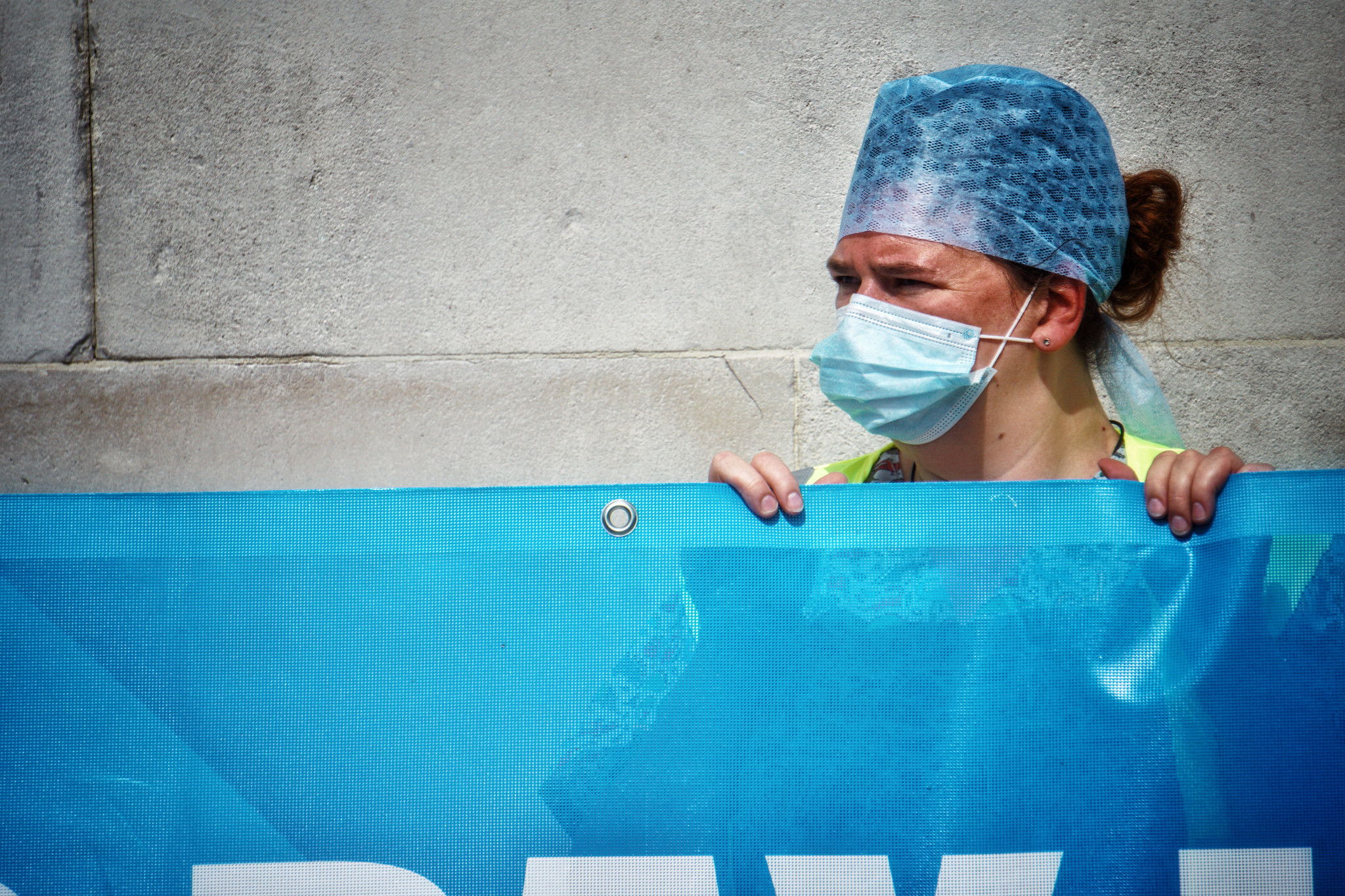
 A new series of Election Analyses is now available from the LSE’s Centre for Economic Performance (CEP). The series will discuss the research evidence on some of the key policy battlegrounds of the 2010 General Election, including macroeconomic policy, immigration, health, education, crime, poverty and inequality, labour market policy, regional policy, energy and the environment, financial regulation and bankers’ bonuses, and foreign aid.
A new series of Election Analyses is now available from the LSE’s Centre for Economic Performance (CEP). The series will discuss the research evidence on some of the key policy battlegrounds of the 2010 General Election, including macroeconomic policy, immigration, health, education, crime, poverty and inequality, labour market policy, regional policy, energy and the environment, financial regulation and bankers’ bonuses, and foreign aid.
The latest economic growth figures confirm that the UK economy is slowly recovering from the deep recession of 2008/09.

 But according to researchers, Tom Cunningham and Ethan Ilzetzki, at the CEP, the recovery will probably continue to be slow, and there is still no sign of a significant reversal in the current account deficits that the UK has run for the past two decades. These problems are likely to be compounded by large fiscal deficits and the medium-term challenge of public debt reduction.
But according to researchers, Tom Cunningham and Ethan Ilzetzki, at the CEP, the recovery will probably continue to be slow, and there is still no sign of a significant reversal in the current account deficits that the UK has run for the past two decades. These problems are likely to be compounded by large fiscal deficits and the medium-term challenge of public debt reduction.
The latest CEP Election Analysis describes where we are now in terms of macroeconomic performance and the impact on the public finances – and the policy options, focusing on debt reduction and economic recovery, and comparing the parties’ positions.
All parties have been vociferous in their rhetoric on public debt reduction. Deficit and debt reduction will be painful, with the agony unequally distributed across the electorate. The parties have articulated specific targets and piecemeal measures to address the public debt challenge. But no party has put forward a comprehensive plan to address the structural deficit challenges that are likely to be central to the economic policy agenda of the elected government.
The CEP Election Analysis is summarised below and posted in full on the CEP website here: http://cep.lse.ac.uk/_new/publications/series.asp?prog=CEPEA
- The Great Recession of 2008/09 caused a big drop in UK national output, perhaps a permanent 5% drop in GDP. The average household’s wealth fell from £375,000 to £330,000 between 2007 and 2008 alone. But unemployment, currently 8%, has been low compared with previous recessions.
- From 1997 to the eve of the recession, Labour boosted public spending by 1.2% of GDP and raised taxes by 2.3% of GDP, reducing the structural deficit. But since 2007, the recession blasted a hole in the public finances and, without action, the deficit would remain unsustainably high at around 7-9% of GDP.
- Public sector net debt is currently £890 billion. Under Labour’s plans to cut spending and raise taxes, this will peak at 76% of GDP in 2014, then decline to around 70% by 2018, up from a recent average of around 40%.
- The UK’s long-term structural fiscal challenges notwithstanding, market prices indicate neither an imminent Greek-type fiscal crisis in the short run nor extreme inflation. But market appetite for gilts may decline if current debt trends continue and when short-term interest rates begin to rise.
- All the political parties are signed up to major cuts in spending and increases in taxes to reduce the deficit, but none have put forward a comprehensive plan to meet the challenge. The manifestos are broadly similar with the Conservatives planning to put a slightly greater emphasis on spending cuts.
- How soon can we start credibly reducing the deficit without risking the recovery? The Conservatives propose to cut government spending by £6 billion more than Labour’s plans this year. Regardless of whether these are really ‘efficiency savings’, this still withdraws demand from the economy. This means spending cuts in real terms of 5.1% in all departments except health and overseas aid.
- The Conservatives would have a lower increase in National Insurance after 2011 (costing £6 billion) and the Liberal Democrats would increase personal allowances (costing £16.8 billion). These policies would further raise the deficit unless there are offsetting cuts in spending or increases in taxation.






“From 1997 to the eve of the recession, Labour boosted public spending by 1.2% of GDP and raised taxes by 2.3% of GDP,”
How much of that gap was fillyed by PPPs and PFIs with their concommittent commitments to public spending over the medium term? -the distinction between these and debt is real but not enough to warrant ignoring them.